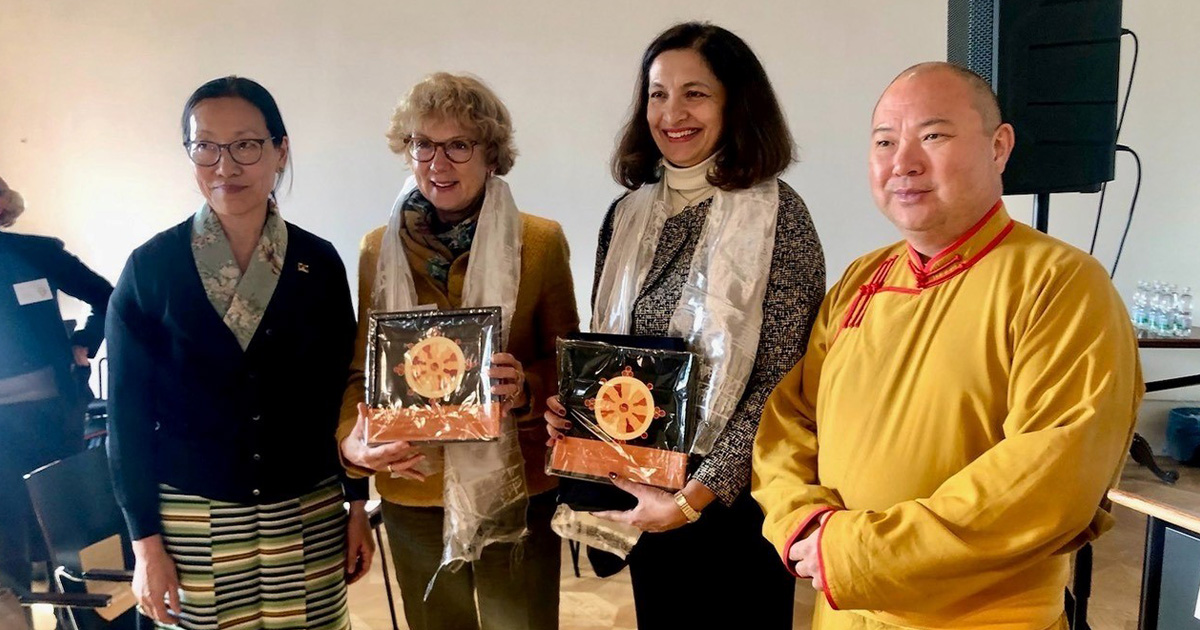
In a recent report by the International Campaign for Tibet, the spotlight was on Tibetan Buddhism at the 5th International Religious Freedom or Belief Alliance Ministerial Conference held in Prague. Telo Tulku Rinpoche, the representative of His Holiness the Dalai Lama to Mongolia, Russia, and the Commonwealth of Independent States, was a key speaker at the event.
The conference’s theme this year was “Freedom of Religion or Belief under Authoritarian Regimes.” Rinpoche spoke in the first session, focusing on the “Misuse of Religion for Political Purposes and Building Resilience.” He discussed the influence of Tibetan Buddhism in Asia and highlighted the repressive policies China has implemented against the Tibetan Buddhist community in Tibet.
President of the International Campaign for Tibet, Tencho Gyatso, who also attended the conference, emphasized the critical position of Tibetan Buddhism, which faces severe threats and Sinification by China, particularly under President Xi’s leadership. Gyatso called for governments to work together, including with the EU and the International Religious Freedom or Belief Alliance, to develop a united policy on the religious freedom of the Tibetan people.
ALSO READ: US House Foreign Affairs Committee Unanimously Passes Bill to Resolve Tibet-China Dispute
The conference was graced by several notable leaders. Jan Lipavský, the Czech Republic’s Minister of Foreign Affairs; Fiona Bruce, the British Prime Minister’s Special Envoy for Freedom of Religion or Belief; and Nazila Ghanea, UN Special Rapporteur on Freedom of Religion or Belief, were in attendance.
A significant side event titled “A Path Forward to Peace and Stability in Asia and the World: The Vision of the Dalai Lama” was organized by ICT and Czechs Support Tibet. The event aimed to discuss the transformative power of Buddhism, especially under the leadership of the Dalai Lama, and Tibet’s historical cultural influence in Asia.
Statements from Uzra Zeya, US Under Secretary of State for Civilian Security, Democracy, and Human Rights, and Bea ten Tusscher, Special Envoy for Freedom of Religion and Conviction of the Netherlands, were key highlights. Zeya emphasized continuing international solidarity and support for Tibetans’ human rights and their unique cultural, religious, and linguistic identity.
The Ministerial Conference, part of the International Religious Freedom or Belief Alliance, is a network of 37 countries dedicated to advancing freedom of religion or belief globally. This year’s conference added a significant chapter in discussing and advocating for religious freedom, with a particular focus on Tibetan Buddhism and its challenges under authoritarian regimes. The presence of international leaders and experts underlines the growing concern and support for religious freedom and the plight of the Tibetan community under Chinese governance.






